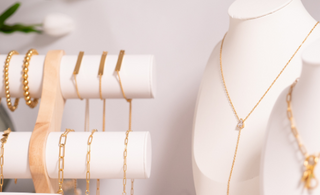
The jewelry industry continues to thrive, offering entrepreneurs and small business owners a unique opportunity to turn a passion for accessories into a profitable venture. One of the smartest ways to maximize profits is to buy jewelry wholesale and sell retail. This guide walks you through the essential steps—from legal considerations to finding suppliers, setting prices, and selling successfully—so you can launch or grow your jewelry business with confidence.
Why Buy Jewelry Wholesale and Sell Retail?
Purchasing jewelry at wholesale prices and reselling at retail offers attractive profit margins. Here's why this model works:
The Benefits of Wholesale Pricing
When you buy in bulk from wholesalers, you pay a significantly reduced per-unit cost. This allows you to apply a retail markup—often 100% or more—giving you room to profit while staying competitive.
Business Models: Inventory vs. Dropshipping
You can either purchase inventory upfront or use dropshipping, where your supplier fulfills orders on your behalf. Each has pros and cons, but wholesale purchasing gives you more control over product quality and brand experience.
The Profit Potential
Whether you're selling handmade jewelry, costume accessories, or fine pieces, retailing allows for flexible pricing. Entrepreneurs in this space report profit margins between 50%–300%, depending on the product and sales channel.
Understand the Legal Requirements for Reselling Jewelry
Before placing your first wholesale order, it's crucial to set up your business legally to ensure smooth operations and build trust with suppliers.
Reseller's Permit and Business License
Most states require a reseller’s permit or sales tax ID to purchase goods tax-free from wholesale suppliers. Check with your local government to determine requirements.
While many wholesale suppliers require these permits and licenses to purchase wholesale jewelry, WJW makes it easy for new businesses to start their business without this requirement to purchase!
EIN and Business Registration
Formally registering your business and applying for an Employer Identification Number (EIN) makes you eligible for wholesale accounts and builds credibility.
FTC Compliance for Jewelry
Ensure your business complies with Federal Trade Commission (FTC) guidelines for jewelry descriptions, especially for precious metals, gemstones, and carat disclosures.
How to Find Trustworthy Wholesale Jewelry Suppliers
Your supplier is the foundation of your business. Here's how to find reliable partners:
Vetting Domestic vs. Overseas Suppliers
Domestic suppliers may offer faster shipping and higher quality control, while overseas suppliers (often based in Asia) may provide lower prices but require longer lead times. Decide what fits your business model best.
What to Look for in a Supplier
A reputable supplier should offer:
- Clear pricing and minimum order requirements
- Product quality guarantees
- Transparent return and shipping policies
- Strong customer service and support
Use Reputable Platforms and Directories
Trusted platforms to find jewelry wholesalers include:
- Wholesale Jewelry Website – A curated platform offering a wide range of bulk jewelry with low minimum order quantities and fast U.S. shipping.
- Faire – Ideal for boutique-style jewelry, especially handmade or artisanal lines.
- Alibaba – Great for large orders from overseas suppliers, though vetting is essential.
- Handshake by Shopify – Offers wholesale products from U.S.-based brands.
- Trade shows – Events like JCK Las Vegas provide in-person networking with manufacturers.
Beware of Red Flags
Avoid suppliers that:
- Have no physical address or contact info
- Offer prices that seem “too good to be true” without clear product photos or samples
How to Choose the Right Jewelry Products to Resell
To build a profitable product line, start with research and small test orders.
Define Your Niche
Popular jewelry niches include:
- Boho or festival jewelry
- Fine gold or silver jewelry
- Personalized or nameplate jewelry
- Minimalist everyday wear
- Statement or fashion-forward pieces
Understanding your target market helps narrow down what to sell.
Trends vs. Timeless Styles
Use a mix of trendy items (e.g., pearl chokers, zodiac pendants) and evergreen designs (e.g., hoops, stud earrings, paperclip chains) to capture seasonal buzz while maintaining consistent sellers.
Order Samples First
When suppliers have high MOQs per item, see if they offer the ability to order samples to check quality, weight, and craftsmanship before investing in large quantities.
Consider Packaging and Presentation
Well-packaged jewelry increases perceived value. Ask suppliers if they offer private label or branded packaging options.
Setting Your Retail Prices and Calculating Profit Margins
Proper pricing ensures you're profitable without overcharging your customers.
Understand Jewelry Markups
Typical retail markups range from 2x to 4x wholesale cost. For example, a bracelet purchased at $10 wholesale might sell for $25–$40, depending on brand positioning.
Factor in Business Costs
Don’t forget to account for:
- Platform fees (Etsy, Shopify, Amazon)
- Shipping materials
- Labor or time spent fulfilling orders
- Transaction fees and taxes
Offer Tiered Pricing
Consider bundling items (e.g., buy 3 rings, get 1 free) or offering loyalty discounts to incentivize larger orders.
Where and How to Sell Jewelry at Retail Prices
Whether you're running a full eCommerce brand or just starting a side hustle, you have many sales channels to choose from.
Online Storefronts
- Shopify – Ideal for building a professional, branded store
- Etsy – Great for handmade, personalized, or niche jewelry
- Amazon Handmade – Broader reach but stricter seller requirements
- eBay – Good for vintage or one-of-a-kind items
In-Person Selling
- Craft fairs and artisan markets
- Pop-up shops in malls or boutiques
- Wholesale partnerships with local retail stores
Leverage Social Media
Platforms like Instagram, TikTok, and Pinterest are essential for promoting jewelry through:
- Lifestyle photos and videos
- Influencer collaborations
- Reels and short-form content
Manage Inventory and Fulfillment
Use tools like Shopify inventory tracking or OrderCup to stay organized. Outsourcing to a fulfillment service can help as you grow.
Tips for Building a Successful Jewelry Resale Business
Your long-term success depends on more than just good products—it’s about building a brand customers trust and love.
Tell a Story With Your Brand
Share your inspiration, values, and design philosophy to connect emotionally with buyers.
Deliver Great Customer Service
Offer:
- Prompt responses
- Clear shipping timelines
- Hassle-free returns
These details improve reviews and encourage repeat purchases.
Invest in Product Photography
High-quality images (including close-ups and lifestyle shots) boost conversion rates. Consider using mockups or hiring a photographer early on. You can also check with your jewelry wholesaler to see if photography is something they offer to their customers. At WJW, Enterprise members get access to all professional grade photography on our website after signing up!
Use SEO and Paid Ads
Optimize product titles and descriptions with keywords like:
- “Gold-plated hoop earrings”
- “Handmade boho jewelry”
- “Affordable gemstone necklaces”
Consider running Facebook or Google Ads to reach more buyers quickly.
Encourage Customer Reviews and Referrals
Happy customers are your best marketers. Offer referral rewards or discounts for leaving reviews.
Ready to Launch Your Jewelry Resale Business?
Learning how to buy jewelry wholesale and sell retail is a rewarding journey with high potential returns. By sourcing smartly, pricing strategically, and building a memorable brand, you can carve out a profitable place in the jewelry market.
Start today by exploring trusted wholesalers like Wholesale Jewelry Website to find the perfect pieces to kick off your jewelry resale business.


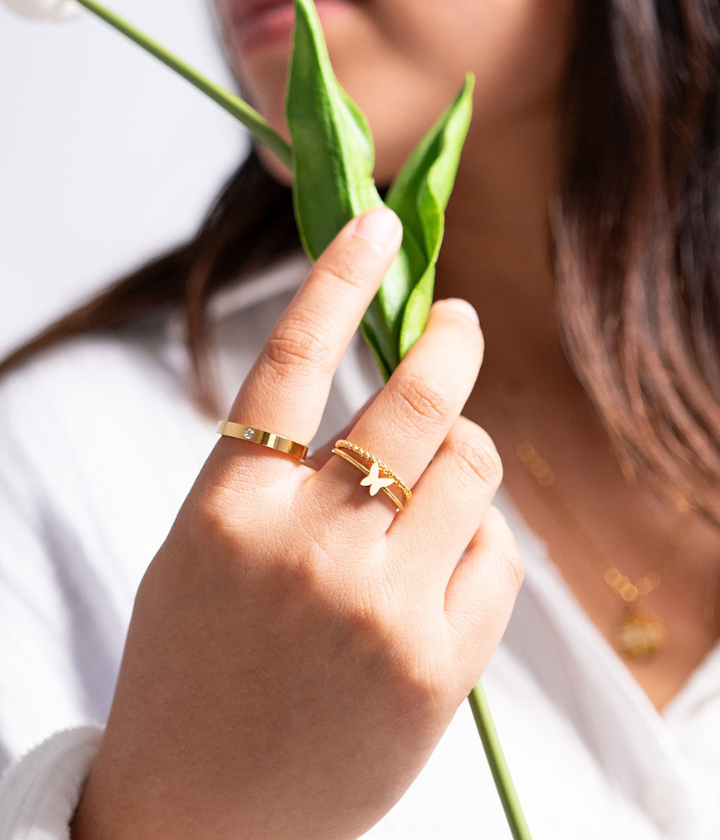
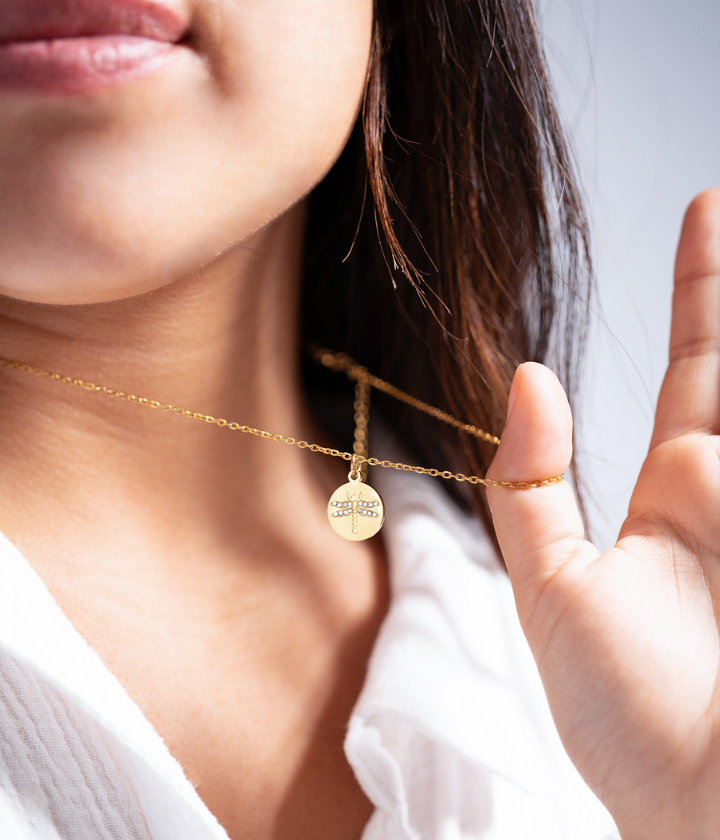
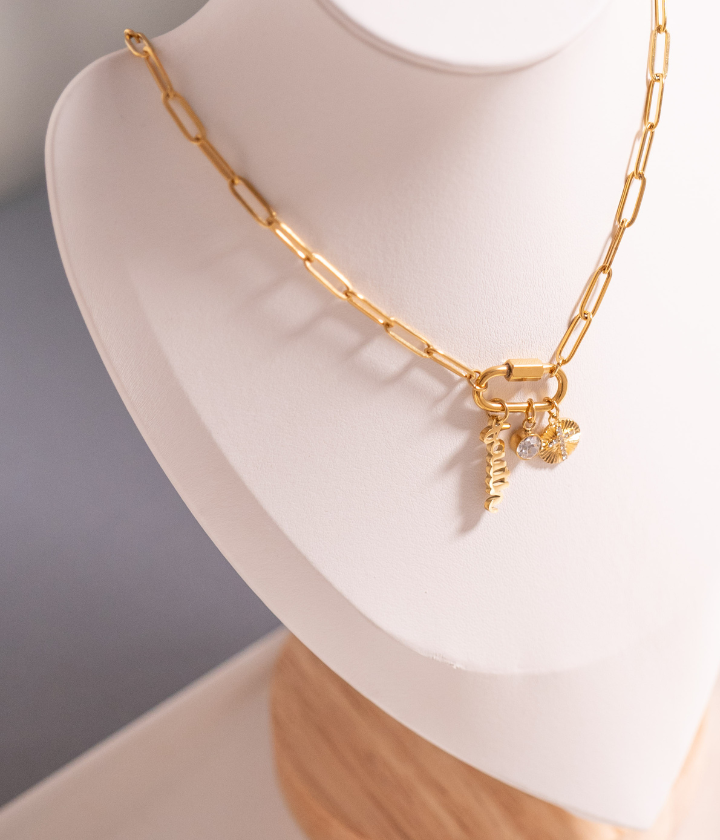
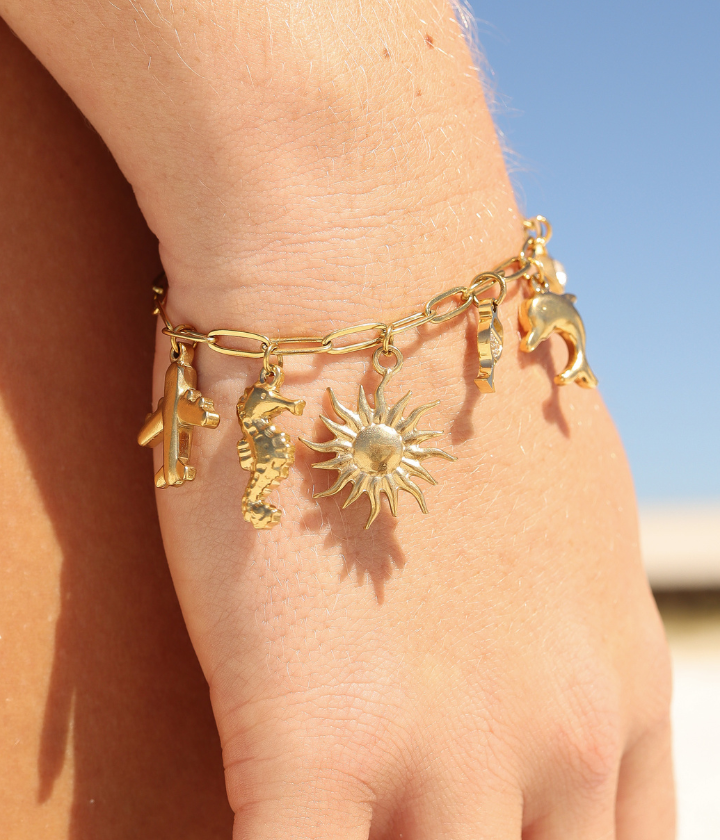
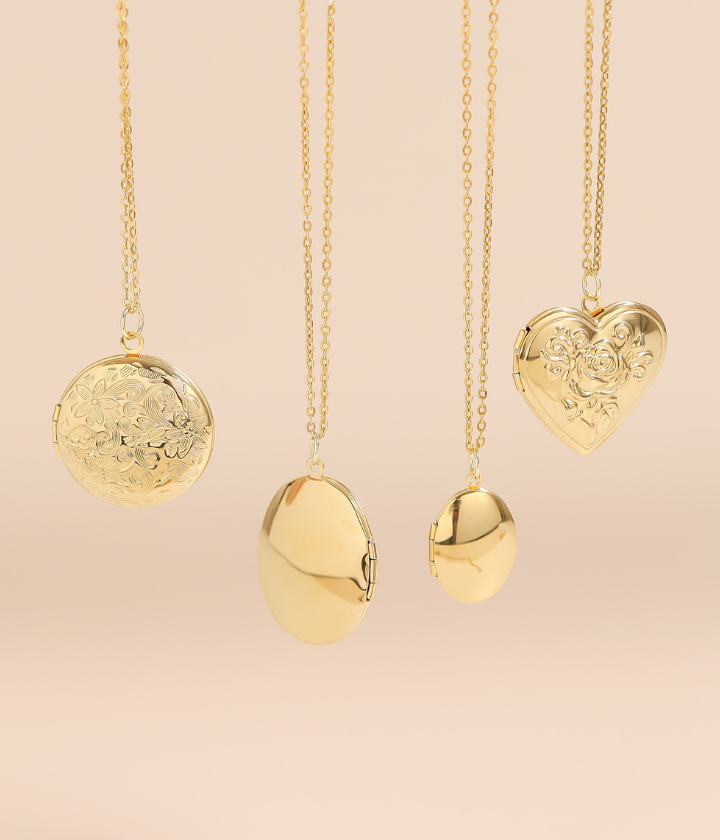
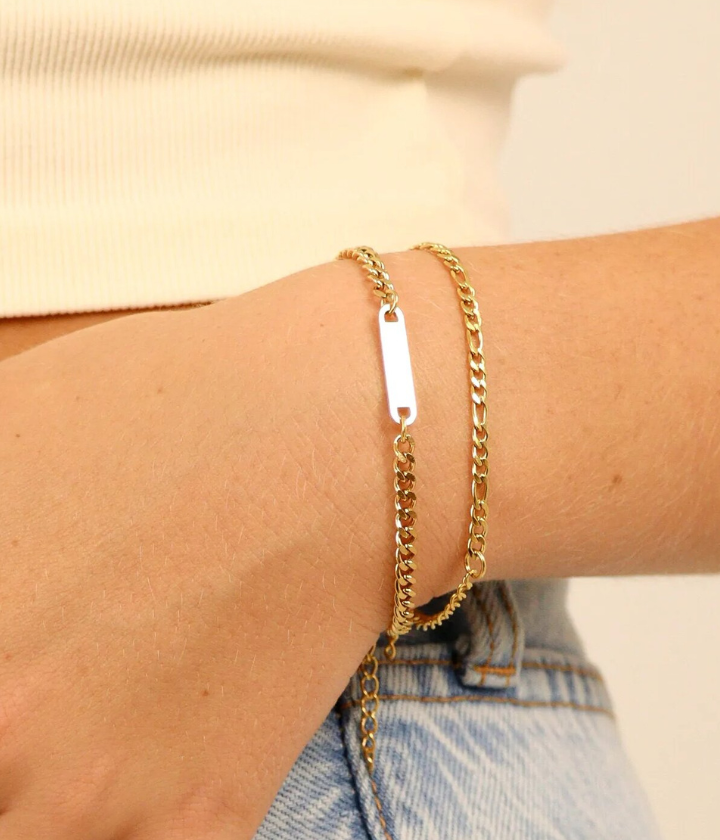
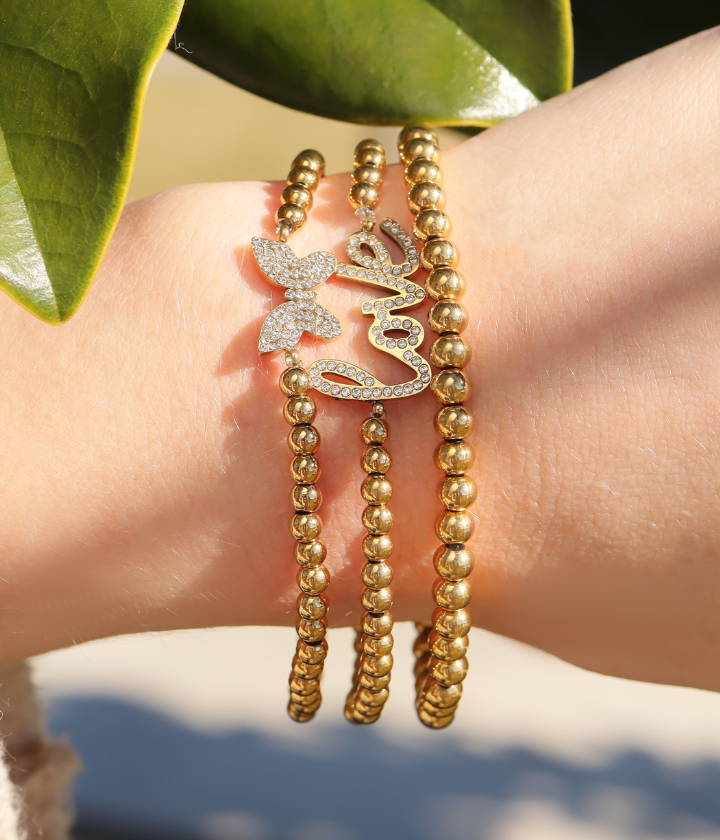
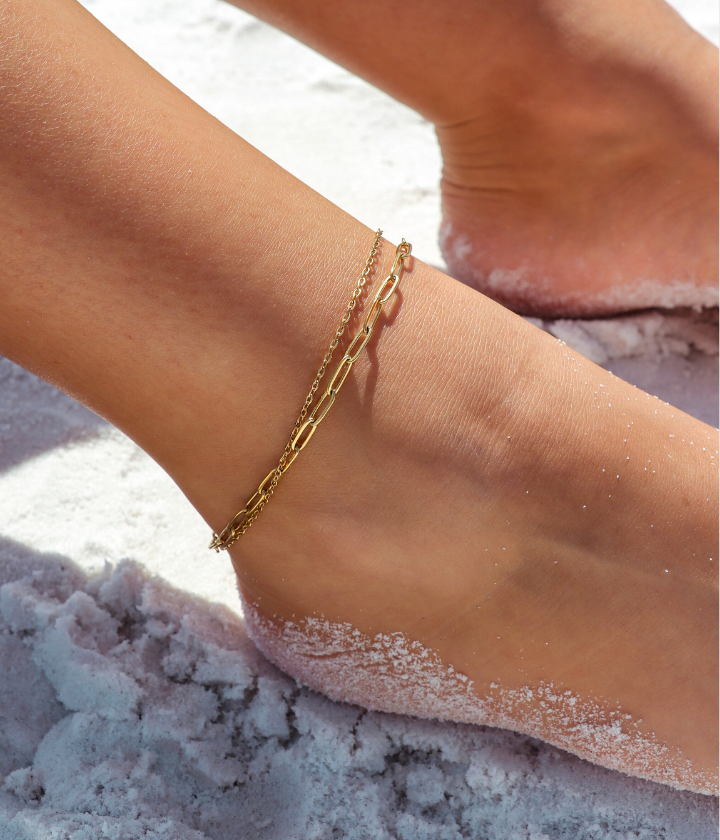
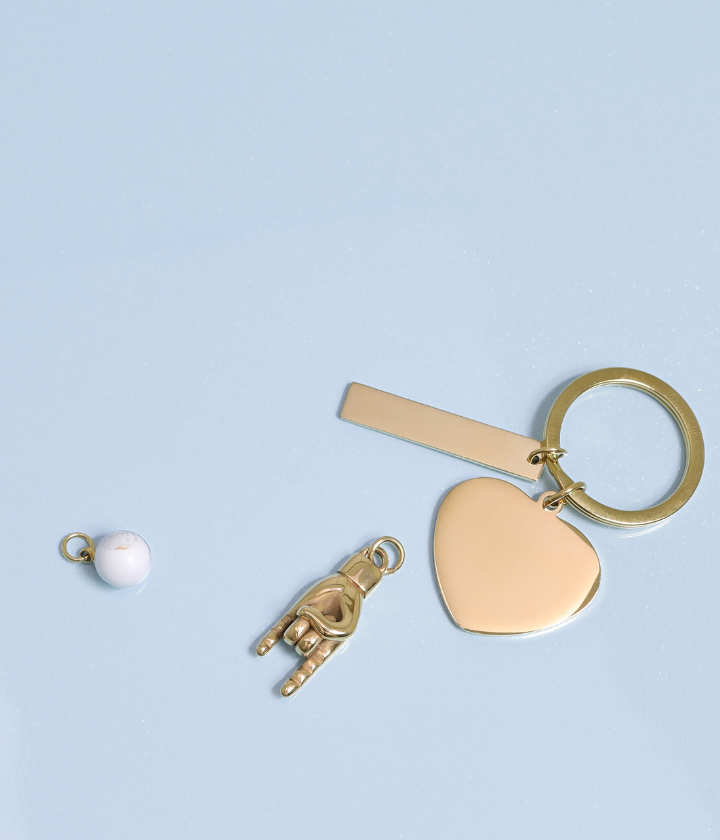
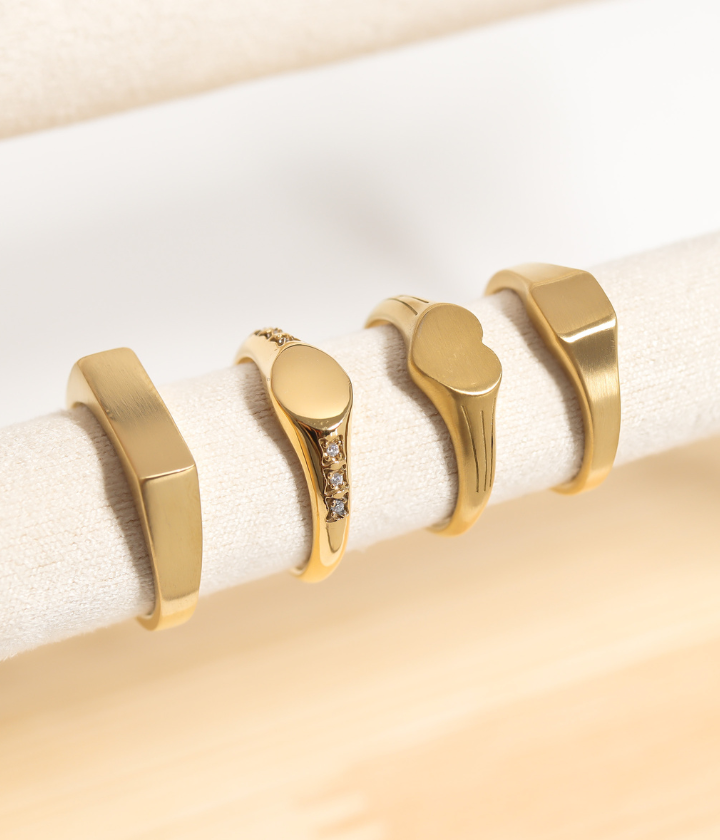
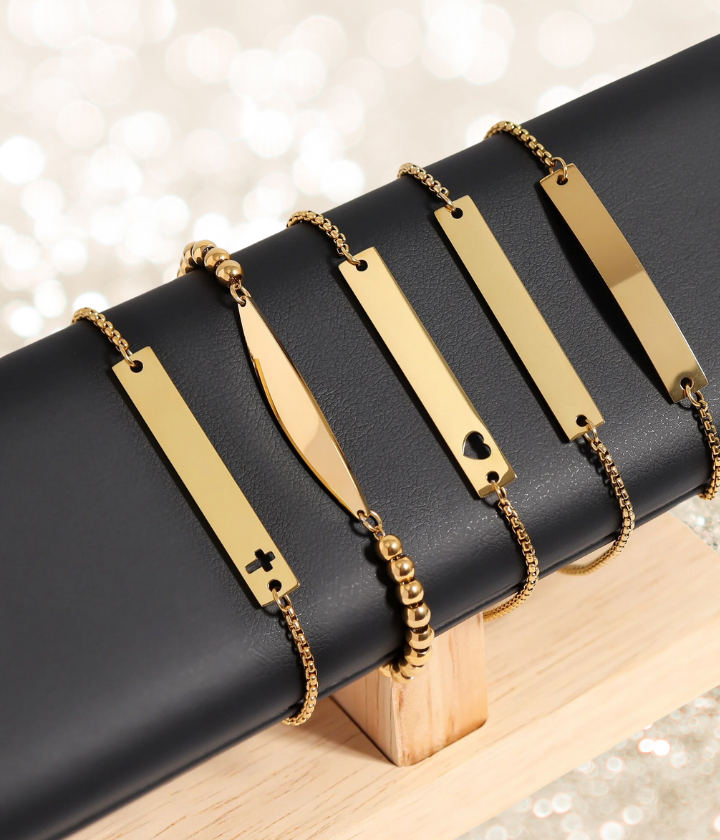
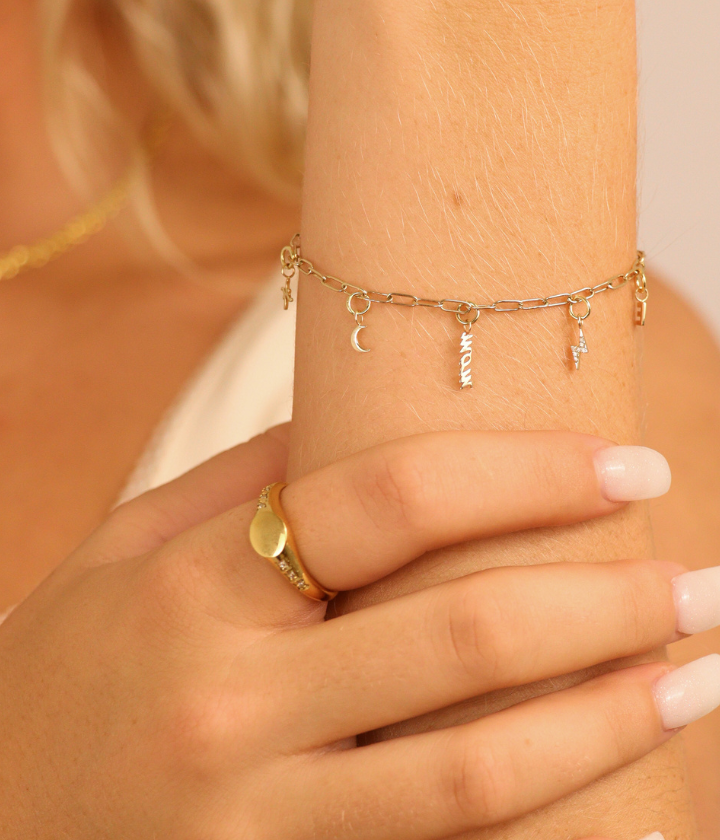
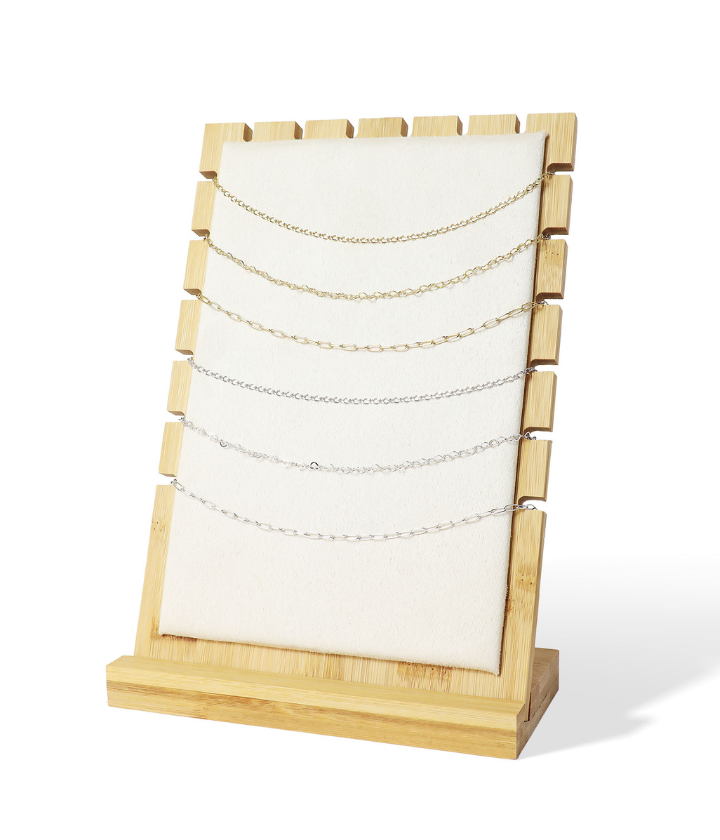
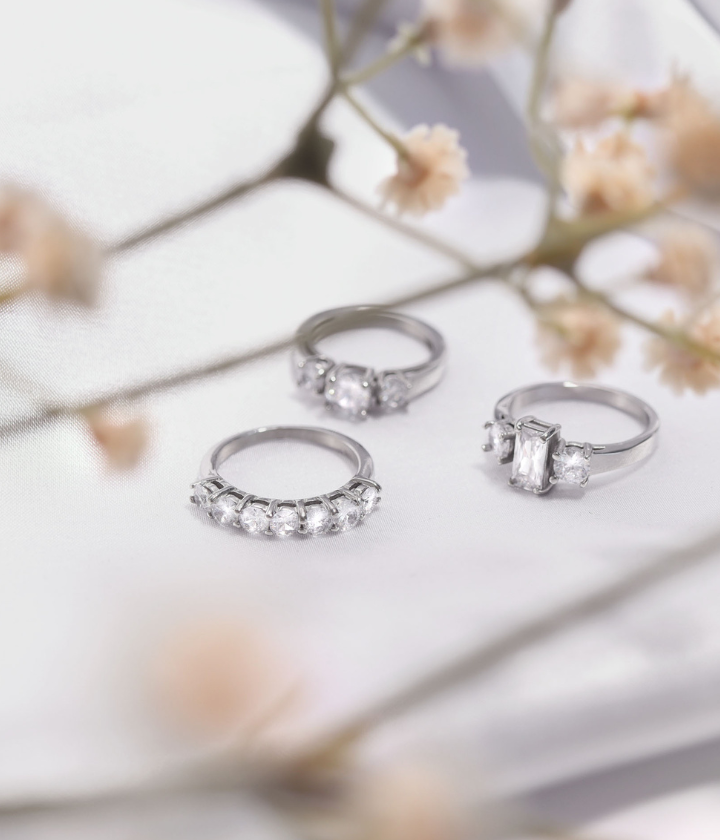








I would like to make a wholesale purchase of gold garments since I want to start little by little to start my own business please leave me a call if it is within your possibilities so that I can reach an agreement and know your offers and prices, thank you very much